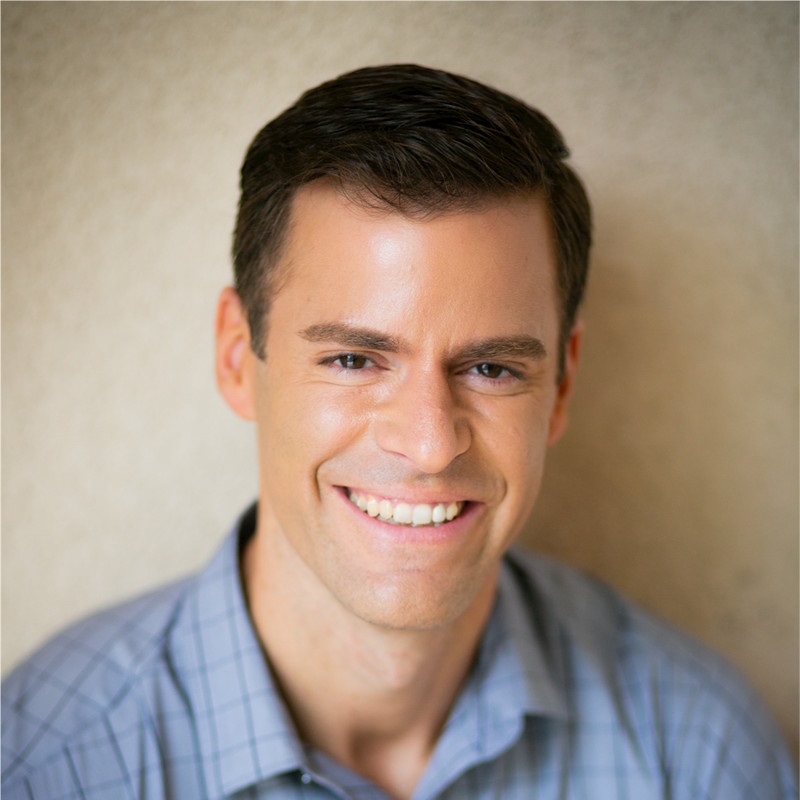 Alex Bates is an angel investor and a Member of Peter Diamandis’s Abundance 360 Network.
Alex Bates is an angel investor and a Member of Peter Diamandis’s Abundance 360 Network.
He has spent the last decade bringing artificial intelligence and machine learning to the forefront of the industrial market. From leading DARPA funded research in neural networks, to applying analytics for the world’s largest data warehouses at Teradata, to creating Mtell, a machine learning company acquired by Aspentech (NASDAQ: AZPN), he believes the coming wave of human-centered Al has the potential to make us superhuman and create a world of abundance.
Alex is also the author of the book “Augmented Mind: AI, Humans and the Superhuman Revolution”.
Can you share your experience in AI with us?
Alex: I founded a company called Mtell in 2006, which implemented machine learning technology in the manufacturing space. We brought AI to the forefront of the industrial market and applied it for impact. Our technology could predict and prevent catastrophes, like machine failure that would injure people. After spending a decade on the front lines building machine learning systems, I started working closely on the adoption side with human users. That experience ultimately led to my book Augmented Mind, which explains a lot of the complicated ideas from this arena in simple terms.
Hollywood has portrayed a sci-fi reality that scares a lot of people. Can you bust any myths to this narrative?
Alex: Simply put, the doomsday naysayers don’t do much to advance the real conversation we ought to be having. If you look at what we’re positioned to achieve with AI over the next decade, it’s distinctly positive. Terminator isn’t just the wrong frame of reference, it’s a distraction.
How will AI transform our 9 to 5 job?
Alex: I think AI will transform the 9-to-5 paradigm by killing it completely. The 40-hour workweek is a human-manufactured myth that’s going to die a positive death. How are you going to spend an eight-hour workday if AI helps you achieve in one hour what used to take ten? We’ll be left free and unlocked to explore the creative side of human life more commonly associated with terms like “soul” and “essence.”
Will AI allow more time for creativity and inspiration?
Alex: See the above answer! With so much low-level cognitive work automated away, there will surely be people content to sit around and watch TV all day instead. But there will be at least as many people who go after creative pursuits, paint pictures, write books, and otherwise confront the human side of existence.
Which human characteristics will not be automated?
Alex: By comparison to AI, humans excel at epiphanies and eureka moments. There’s no AI-
compatible algorithm for creative breakthroughs — at least not yet — so the unique matter of the human brain will retain its value far into the future by way of being able to connect the dots in ways that computers can’t.
What will a world with AI woven into every part look like?
Alex: Artificial or not, intelligence is already woven into every part of life. Consider Stephen Wolfram’s idea that there’s no difference between the intelligence in water turbulence versus the intelligence of the human brain. Nature is already intelligent in a way we don’t understand. We just don’t have a direct connection to it yet.
Is there anything else you’d like to share?
Alex: The future isn’t dark, it’s bright. Don’t listen to the doomsday camp.















